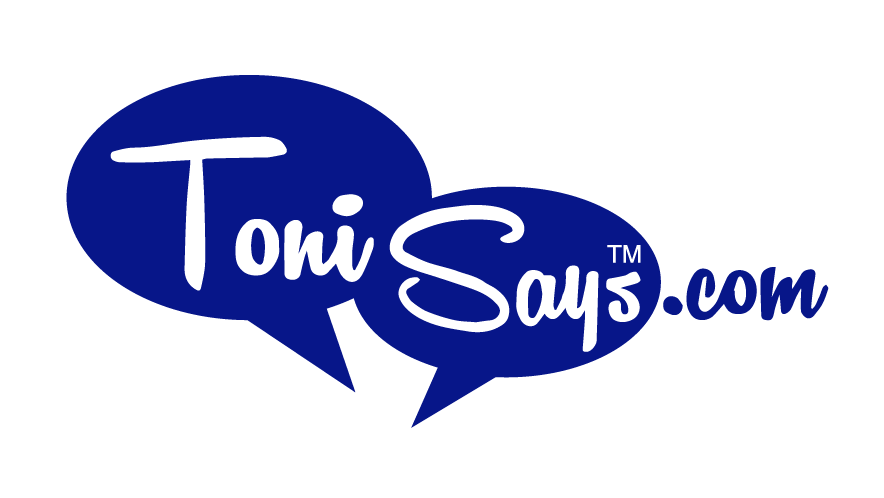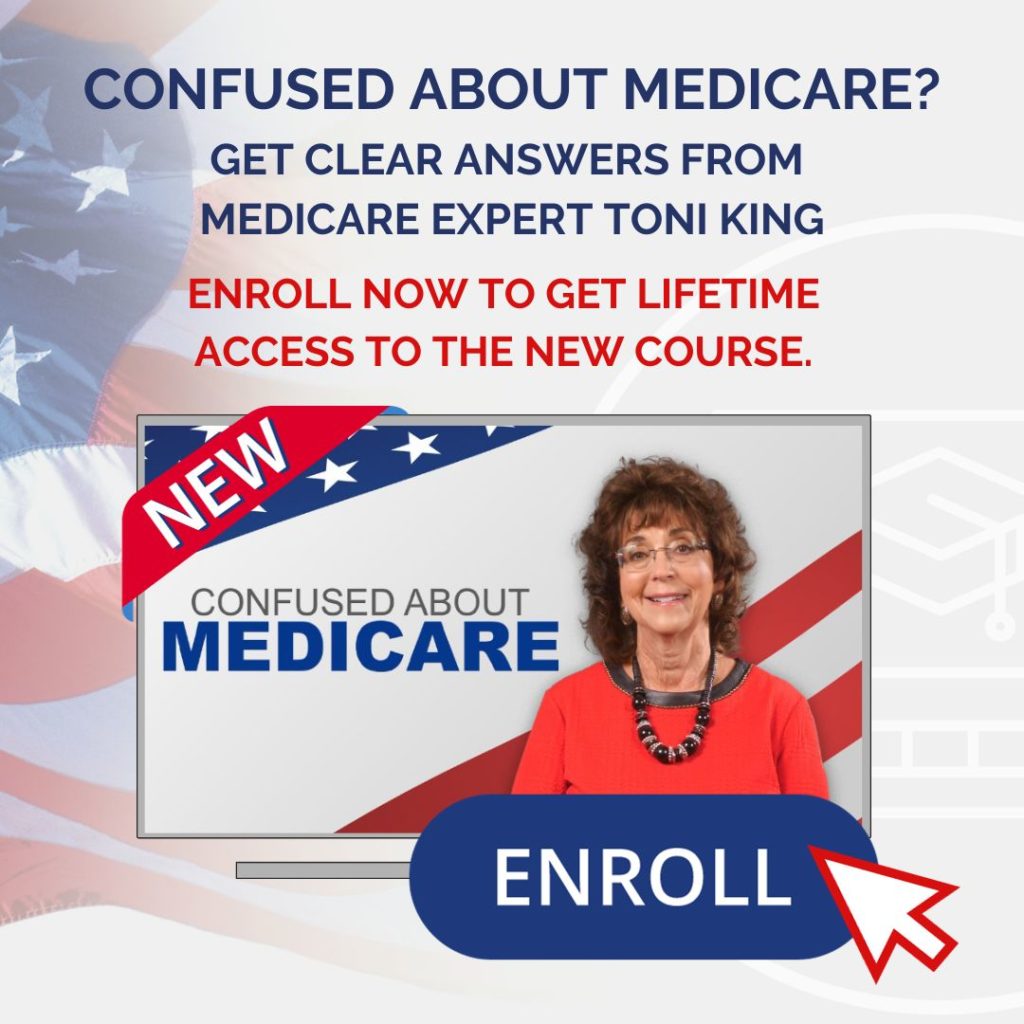Rules of Medicare and Social Security Confuse Even HR Departments
Hello Toni:
I am an HR Manager for a local oil service company and have a question about an employee. He is turning 65 and is still working full time. His situation is a little different because next month he will begin receiving chemotherapy for lung cancer. Not sure how to advise him because technically he is working full-time. He has 5 months of pay from vacation time, which he never used and can use while recuperating which keeps him as a full-time employee.
Our firm has over 100 employees and I have been told there are certain rules for specific company sizes. How can I make sure that I have the correct answer to my questions for the employees of our company? Samantha from Tulsa, OK
Hi there Samantha:
Many of the answers about enrolling in Medicare are found in the Medicare & You handbook. Some individuals who qualify for Medicare do not take Part B during their Initial Enrollment Period because they or their spouse are “still working” and have primary insurance from a current employer. Your employee’s Initial Enrollment Period begins three months before his 65th birthday and ends three months after his 65th birthday.
Below are a few options that can make your HR Department’s job easier:
- Verify your employees’ options by calling your company’s health insurance plan and asking how the plan coordinates with Medicare.
- It may be to an employee’s advantage to delay Part B enrollment. See the Medicare & You handbook under “Should I Get Part B?” for more clarification or in the Toni Says® Medicare Survival Guide Advanced edition which is available at www.tonisays.com.
Now let us talk about who will pay your claim first and this depends on how many employees are on your company’s group health plan: See the chart in the Medicare & You handbook on the number of employees.
- If there are 20 or more employees at the company where your employee or a spouse currently works and receives benefits, generally the group health insurance pays first.
- If there are fewer than 20 employees at the company where your employee or a spouse currently works and receives benefits, generally Medicare is primary. As the HR Department, you should verify with the insurance carrier how the current insurance plan coordinates with Medicare and verify whether an employee should enroll in Medicare Parts A and/or B or delay enrollment in one or both.
Employees should contact Social Security immediately to enroll in Medicare when their work status changes due to various Social Security forms that must be filed to avoid the “famous” Medicare Part B penalty. They will want a SEP (special enrollment period) and should file forms when their employment changes from full-time to part-time employee, when they decide to retire, or are terminated and need to enroll in COBRA. (It is important to remember that COBRA and retiree insurance are not considered current employer insurance. The employee will not have a Special Enrollment Period if they take COBRA or retiree insurance and wait too long.)
There are specific Medicare rules regarding leaving employer benefits after turning 65, when and how to change Medicare plans, and which Medicare Part D prescription drug plan best fits one’s health situation. Email info@tonisays.com or call 832/519-8664 with your Medicare questions.
Sign up for the Toni Says® Medicare newsletter to keep up with Medicare rules and changes at www.tonisays.com.
Toni King, author of the 2022 Medicare Survival Guide® Advanced edition is giving a $5 discount on the Medicare Survival Guide® Advanced book at www.tonisays.com.



